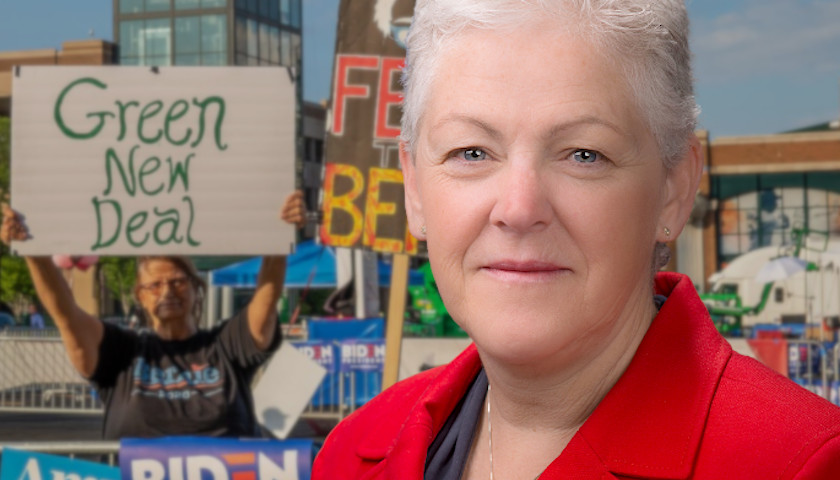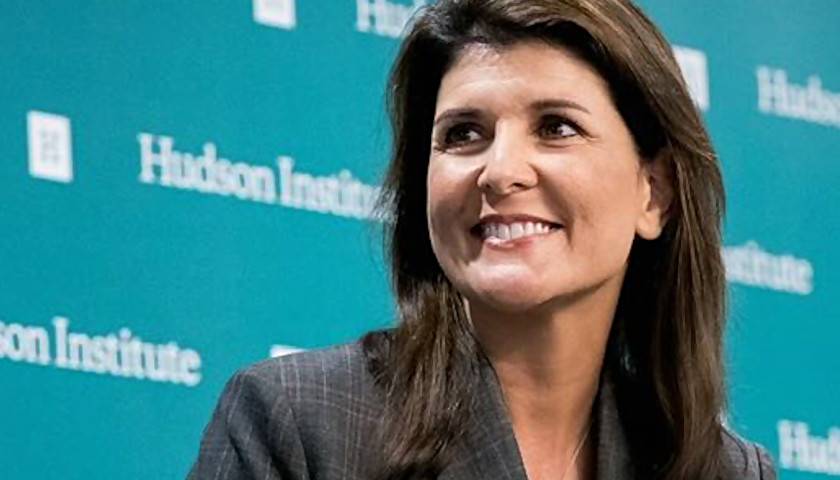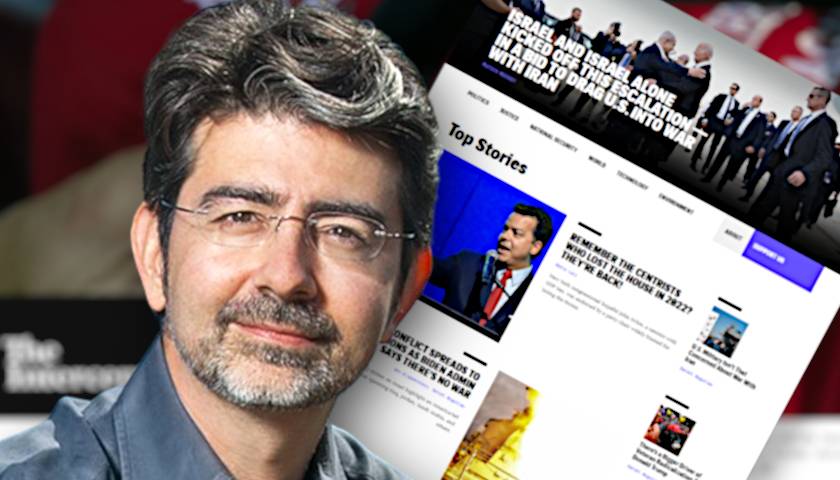by Thomas Catenacci
Democrats are increasingly looking to force their climate agenda through the federal bureaucracy rather than go through Congress, experts said, due to lack of support for their environmental reforms.
The Biden administration has unveiled sweeping regulations affecting home appliances, building standards, fuel economy and government-backed projects including infrastructure during its first 15 months in power. Experts have slammed the myriad federal rules, saying they will lead to higher prices, hurt consumers amid soaring inflation and mainly serve as a backdoor for broad environmental restrictions.
“They’re basically using environmental laws to create backdoor subsidies,” Brent Bennett, an energy expert at the Texas Public Policy Foundation, told the Daily Caller News Foundation in an interview.
 “The problem is that our laws are so broadly interpreted and defined that it makes this possible,” he added. “It allows for this kind of abuse. So, that’s really the root of the problem — Congress didn’t pass good laws and now those laws are being abused.”
“The problem is that our laws are so broadly interpreted and defined that it makes this possible,” he added. “It allows for this kind of abuse. So, that’s really the root of the problem — Congress didn’t pass good laws and now those laws are being abused.”
Two years after left-wing Democratic Rep. Alexandria Ocasio-Cortez introduced the Green New Deal, Congress has made very little progress on the legislation. The bill, which is rife with environmental regulations covering all parts of Americans’ lives, has an estimated price tag of nearly $93 trillion over a decade and would cost American families as much as $65,300 per year.
The Green New Deal calls for the U.S. to produce 100% of its power using zero-emissions sources, invest in electric vehicle development and upgrade infrastructure to achieve “maximum energy efficiency, water efficiency, safety, affordability, comfort, and durability, including through electrification.” Regulations backed by Biden have the same goals.
‘100 rules this year alone on appliances’
President Joe Biden ordered the Department of Energy (DOE) to propose “major revisions” to appliance energy efficiency regulations in an executive order issued on his first day in office. Shortly after the executive order, the DOE listed a series of deregulatory rules — covering appliances like water heaters, washers and dryers, showers, cooking products and lamps — issued by the Trump administration that it would review.
Since then, the administration has issued regulations on commercial water heaters, shower heads and light bulbs. Energy Department officials have argued such rules will “slash energy costs” while critics said they lead to higher costs, forcing consumers to stick with their older, less-efficient appliances.
“What happens with these efficiency standards is that they raise the upfront cost of the clothes washer or refrigerator or oven — it takes a cost to make these efficient products — but presumably you save on money over the life of the appliance,” Ben Lieberman, a senior fellow at the Competitive Enterprise Institute, told the DCNF.
“But it raises the upfront cost enough that it’s not even clear that consumers will come out ahead,” he continued. “The other problem with some of these standards is that they restrict product choice.”
The administration is planning more regulations on refrigerators, ceiling fans, boilers and furnaces, air conditioners, dishwashers and ovens, according to the most recent Unified Agenda, which lays out rules federal agencies plan to pursue in the near and long-term. Dozens of Democrats urged Biden to move quicker on the efficiency rules in a February letter.
“We’re actually going to do 100 rules this year alone on appliances,” top White House climate adviser Gina McCarthy remarked during a recent speech.
Lieberman added that such regulations are being used as “climate policy tools” and implemented under the 1975 Energy Policy and Conservation Act which was passed in response to the 1970s oil crisis.
“You’re starting to see climate change as a rationale for more and tighter regulations,” he added. “I would argue that consumers are best-served choosing for themselves.”
‘Relic of the past’
Similarly, the Biden administration has proposed a series of tighter regulations under the 1969 National Environmental Policy Act (NEPA). The changes would require federal agencies to consider the “direct,” “indirect” and “cumulative” climate impact of any proposed action or project requiring permitting approval.
While the White House said the regulations would improve environmental standards, experts and industry groups raised the alarm, saying they would create unnecessary roadblocks for key energy and infrastructure projects.
“I don’t care if you’re building a new school, I don’t care if you’re building a high-rise building or trying to put in affordable housing, much less a pipeline or a road or replace bridges,” Republican Oklahoma Rep. Markwayne Mullin previously told the DCNF. “You have to go through the NEPA process and, underneath this new rule, it will take that project years — if it’ll ever even be permitted and most of the time it won’t — to be permitted.”
In addition, Biden has unveiled broad regulations on fuel economy standards that experts have previously characterized as a “relic of the past.” The administration projected the regulations would make new cars more than $1,000 more expensive.
“Fuel economy regulations are a backdoor subsidy for electric vehicles because the auto manufacturers that don’t meet the requirements have to pay regulatory credits to Tesla and other electric vehicle manufacturers that have credits to sell,” Bennett said. “The law was never built to be used in that way. But it’s being used to block development and to create political favoritism.”
– – –
Thomas Catenacci is a reporter at Daily Caller News Foundation.
Background Photo “Green New Deal Supporter” by Becker1999. CC BY 2.0.





